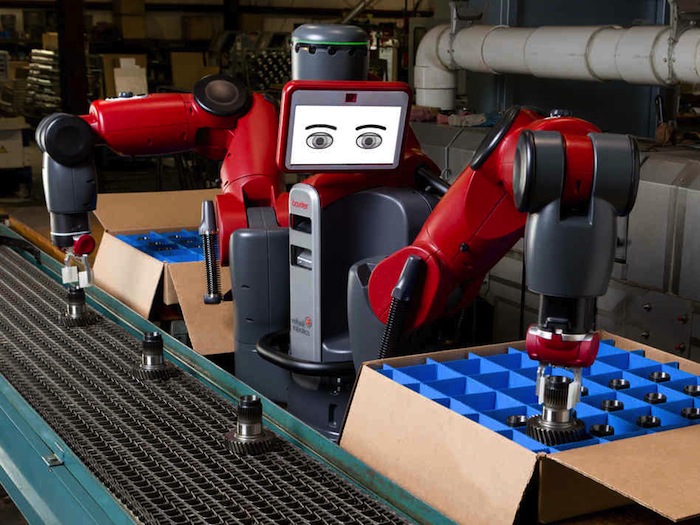02/12/2014
There has been a debate going about whether an entitlement culture is being created by ObamaCare and other liberal programs of freebies. One such discussion occurred on Fox News, asking whether the healthcare law was a “disincentive to work.”
Certainly the current regime is engaged in behavioral training to encourage dependence on government, a liberal value. But the larger picture over decades is one of the economic system being less friendly to the needs of average folks. Perhaps they are hedging their bets by taking whatever is available.
In the seventies and eighties, when entire American industries were shipped abroad for to take advantage of lower wages, elites said not to worry, service and tech jobs would be fine replacements for manufacturing. However, service work paid considerably less and much of tech has been outsourced via the internet. More quietly, businesses that couldn’t be offshored, like meatpacking (once a provider of middle-class wages), actively recruited cheap exploitable foreigners as labor.

The latest blow to American hopes for economic survival has been the rapid rise of smart machines, from office automation to actual robots, which now can perform complex tasks formerly done only by humans. Who needs a secretary to take dictation when software can turn speech into written words on a computer?
There has been some incidence of manufacturing returning to the US, but the small print reveals that the new plants will be increasingly automated, with far fewer humans being needed than in the previous era.
Foxconn’s US plant heralds the return of American manufacturing jobs — for robots, Qz.com, January 28, 2014
Foxconn’s plans to open a high-tech plant in the US may be part of the larger revival of US manufacturing. But don’t expect American jobs to come with the boom in business. [ … ]
What does that do for US jobs? Not much. A new study by McKinsey argues that manufacturers will increasingly turn to “next-shoring,” or locating production closer to where their customers are located to satisfy local tastes and eliminate potentially damaging supply shortages. In theory, this should play well to the US economy, the mothership of global consumerism. But workers will still lose out to advanced robotics, which can perform increasingly sophisticated manufacturing operations, and 3D printers, which will be able to replace component suppliers. “Cheaper, more proficient robots that can substitute for a wider variety of human tasks are another reason companies may locate more manufacturing closer to major demand markets, even where wage rates are higher,” the report says.
A more upbeat report came from CBS, touting a robot that is “helping” the human workers by doing repetitive boring tasks. But a machine that cost only $22,000 and can work 24/7 has got to be very appealing to CEOs, who would probably like lots more like that.
Bringing back jobs to the U.S. via the robot, CBS News, October 5, 2013
[ … ] Meet Baxter, a robot. Just seven months on the line, he’s the newest member of the team at Pennsylvania manufacturer Rodon.
Factory VP Lowell Allen has put Baxter to work at what he’s best at: boring, repetitive jobs.
“Our people have really taken to Baxter,” said Allen. “He’s non-threatening. He’s helping them do their job.” [ … ]
Slow but steady, Baxter toils on 24/7 without breaks or benefits. He costs only $22,000. And even with power and programming costs, Baxter is a $3-an-hour worker. [ … ]
When Americans sign up for food stamps and other benefits, they may do so with the knowledge that nobody in Washington, except for a few like Senator Sessions. stands for their interests. Even during the jobless recovery, elites have demanded a doubling of legal immigration. A 2013 report from Oxford University estimated that 45 percent of American jobs will be automated within the next 20 years.
So what’s the plan for American employment now and going forward?
This is a content archive of VDARE.com, which Letitia James forced off of the Internet using lawfare.